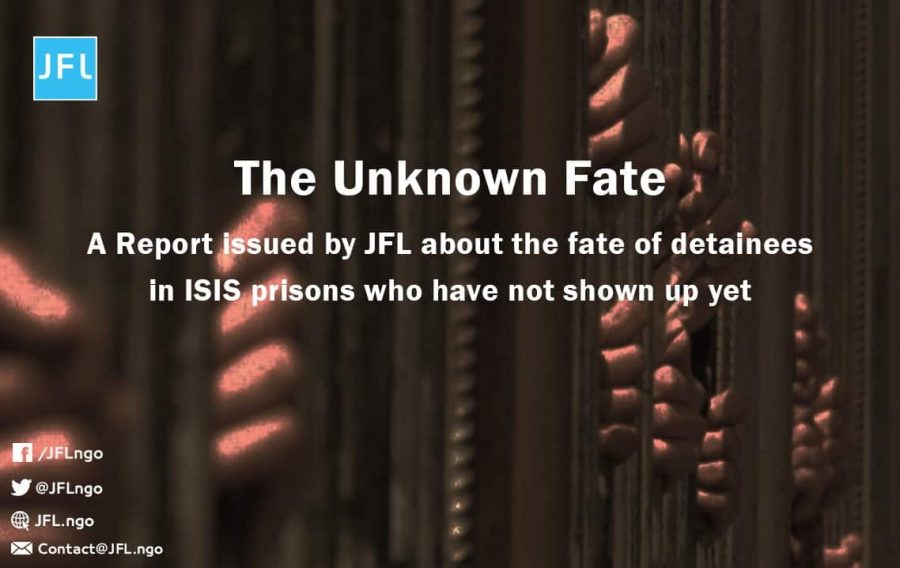Hundreds of detainees in ISIS prisons turned into missing persons following the military actions and control of the government forces on the areas located in the south of the Euphrates River, where the Syria Democratic Forces controlled the areas located in the north of the river.
All attempts made by the missing persons’ families to know about their sons’ fate were abortive as the controlling forces did not take them seriously.
Speaking of detention of one of his relatives, Abu Yusuf says “On August 8th 2015, Adnan Mohammad Saleh Al Abdullah, from Al Mayadin city, exited the Syrian government held areas of Deir Ezzor, which were besieged at that time by ISIS, and before his arrival to the city southern entrance located in on the highway of Damascus, he was arrested by members of ISIS checkpoint”.
“Eight months later, we learned that he was still alive by a former detainees who was recently released. We knew that he was arrested in a detention center in Muhassan, east of Deir Ezzor. ISIS’ Deir Ezzor Wali Office and the Public Relations Office denied that he is arrested in their prisons. We had no opportunity to reach out with SDF officials or the Syrian government to know his fate”, he added.
Rule 117 of the ICRC study on the Customary IHL states that “Each party to the conflict must take all feasible measures to account for persons reported missing as a result of armed conflict and must provide their family members with any information it has on their fate”.
JFL recommends the Syrian government and the Syria Democratic Forces to work on establishing special offices to report the missing persons, especially those who were detained in ISIS prisons and no information about their fate was revealed until now in order to ease the search processes.
Read more: The Unknown Fate













